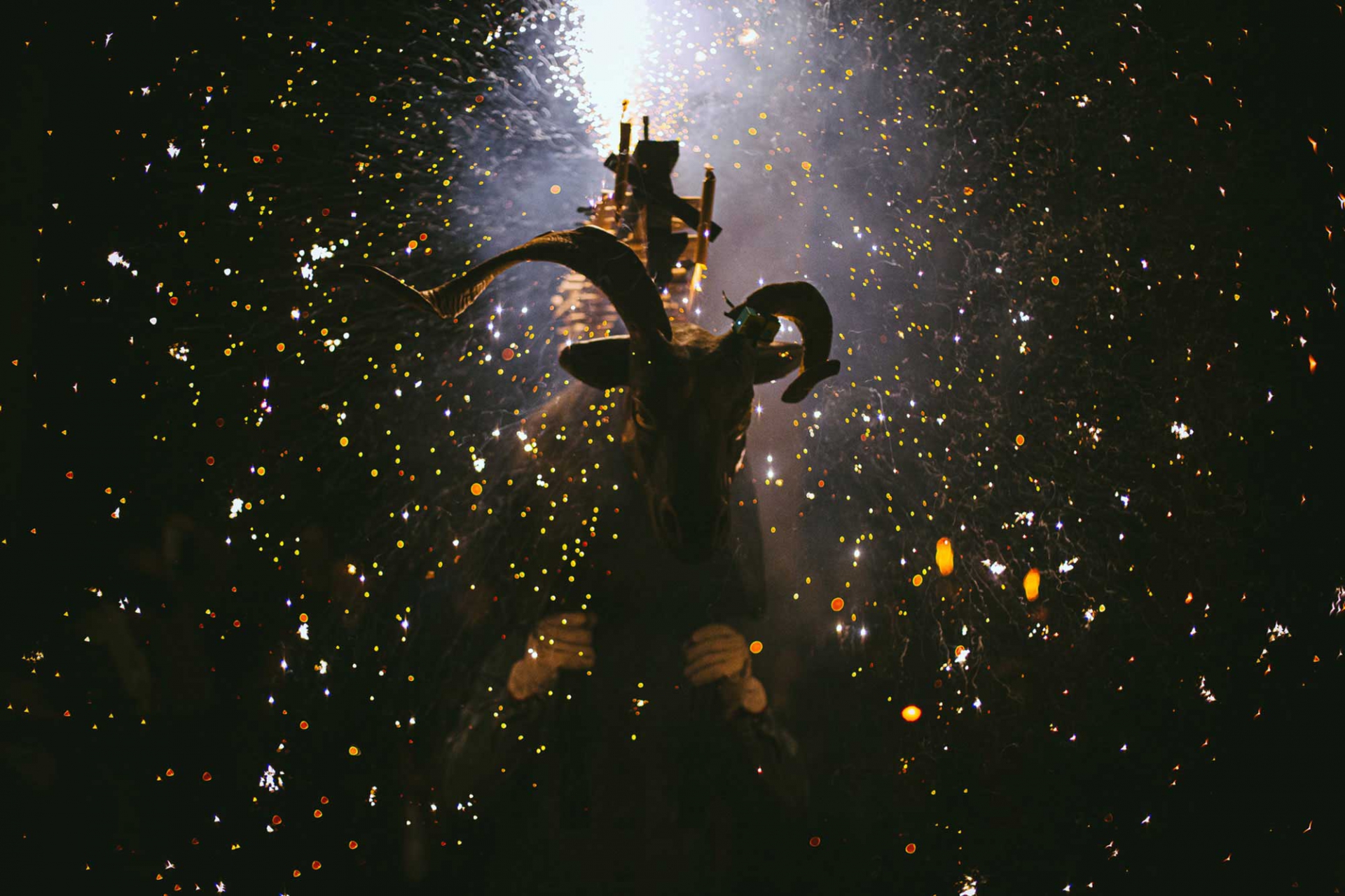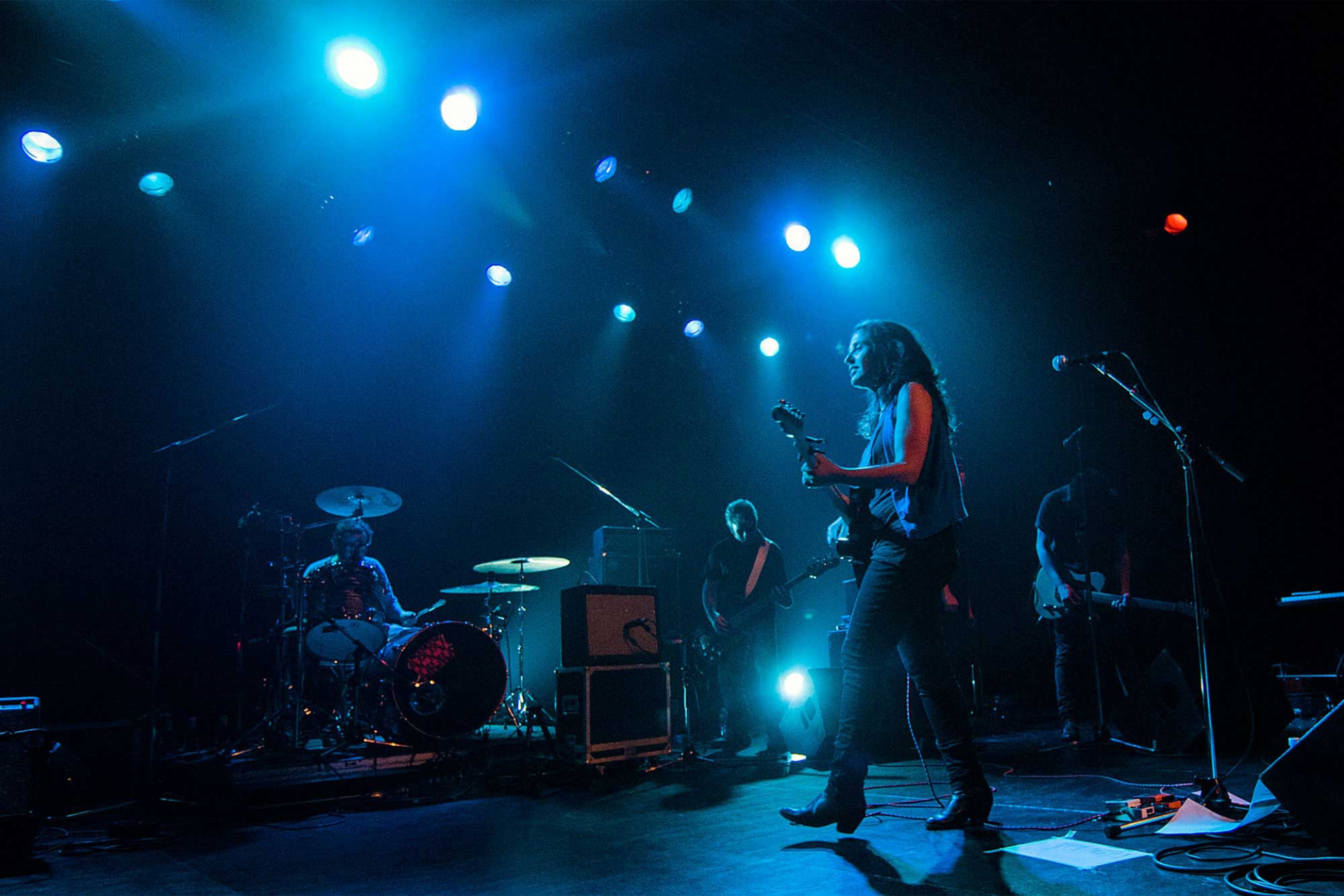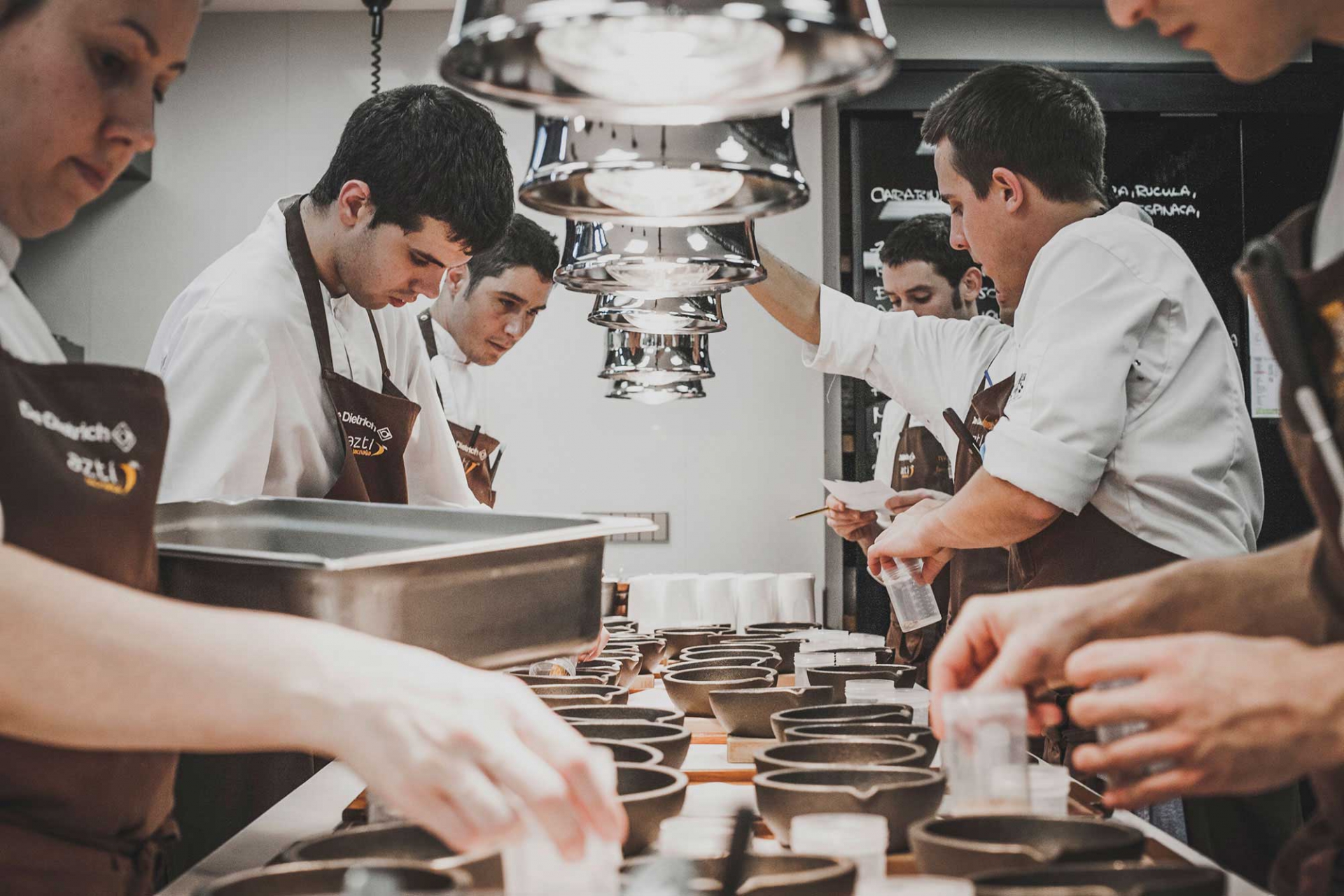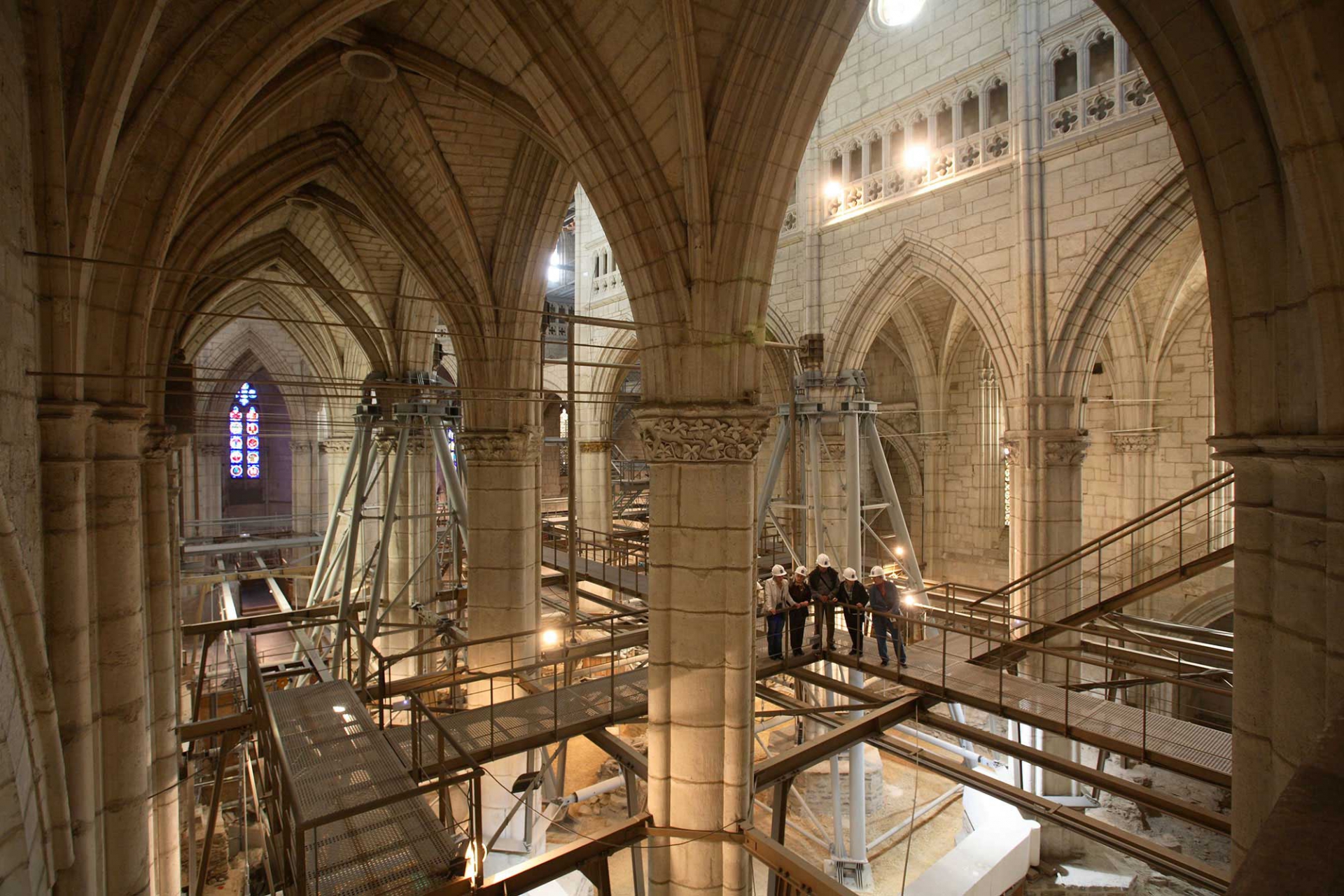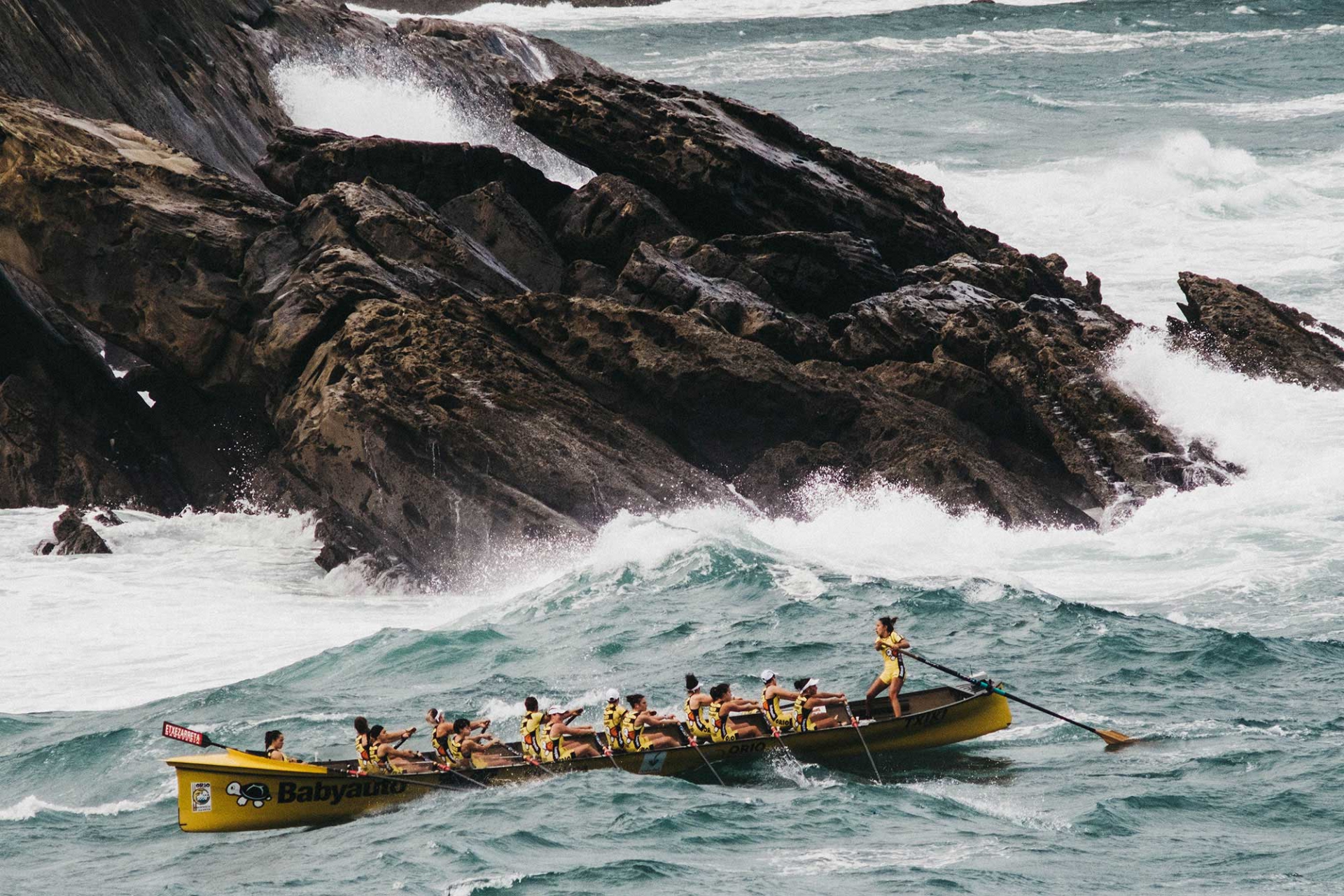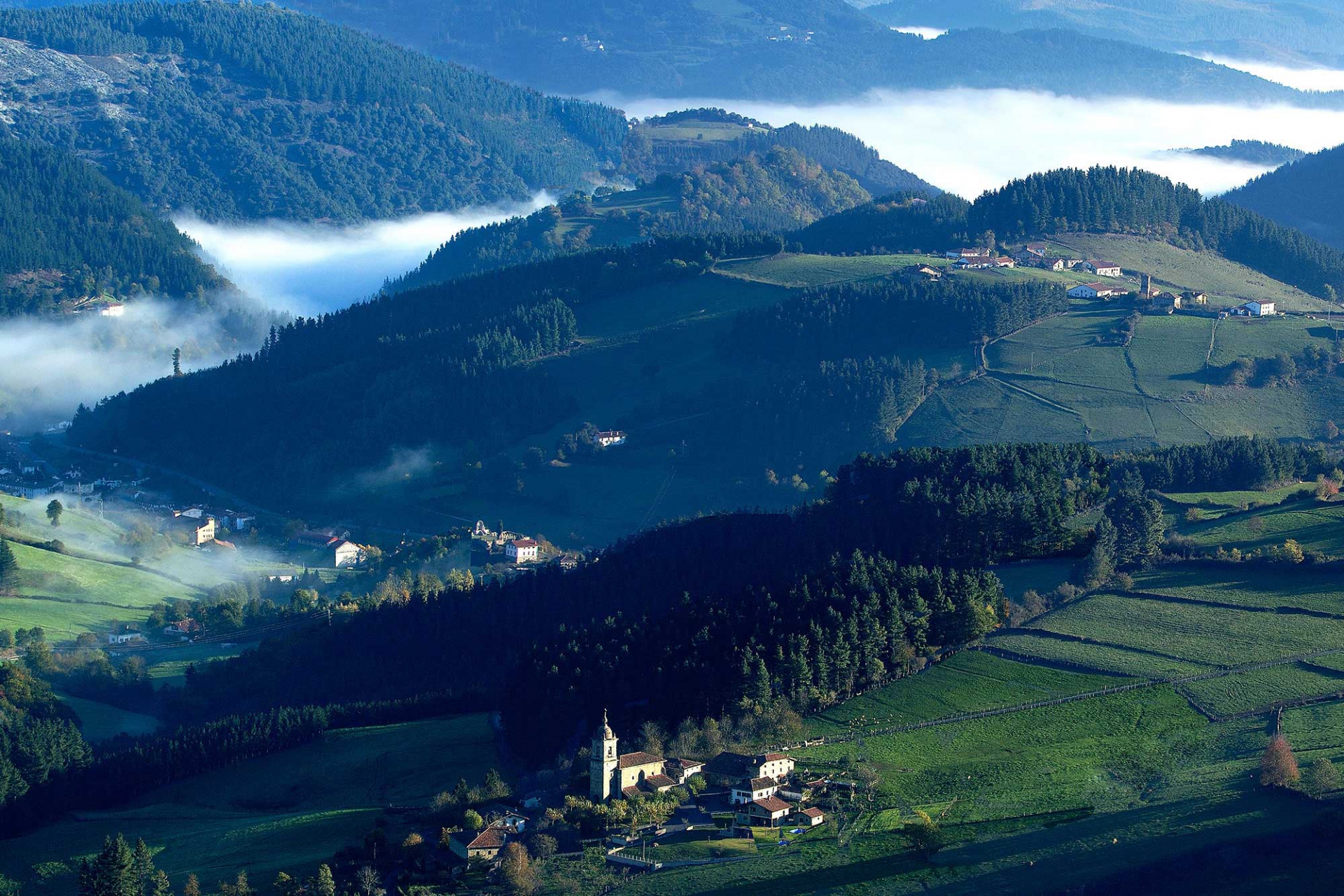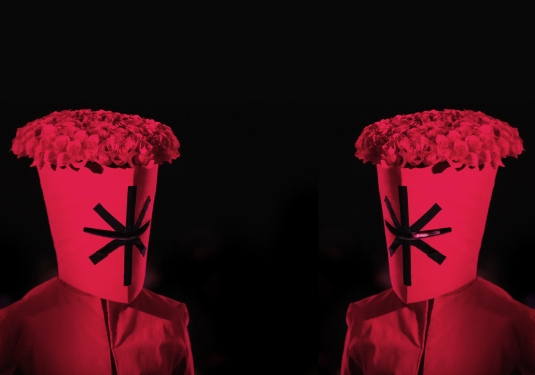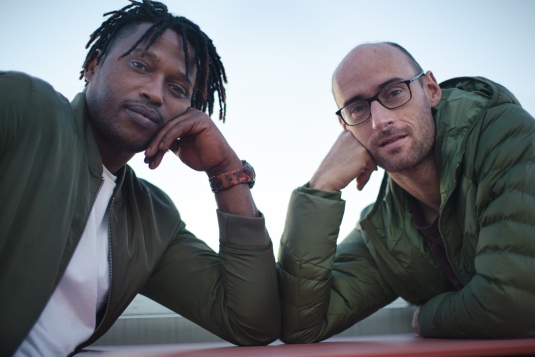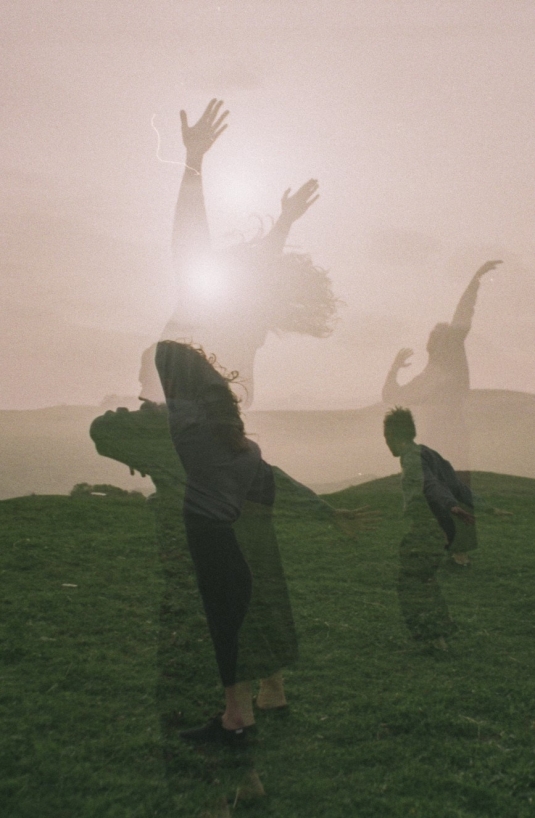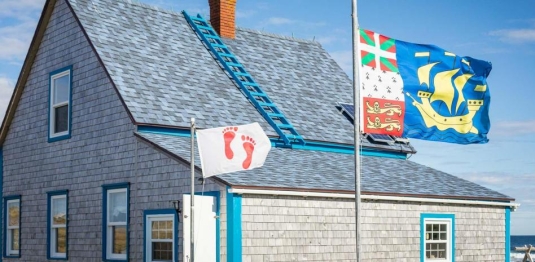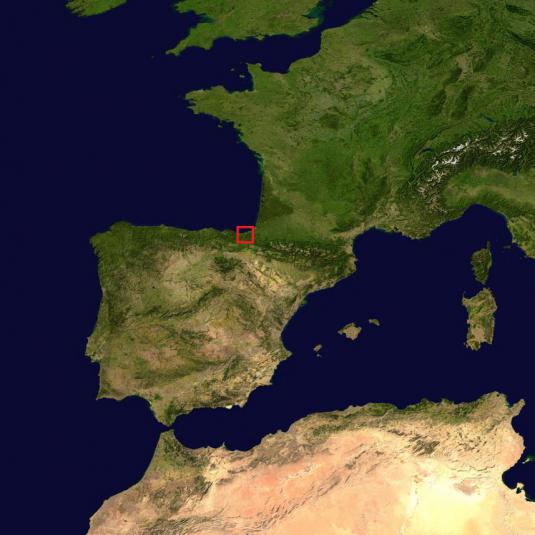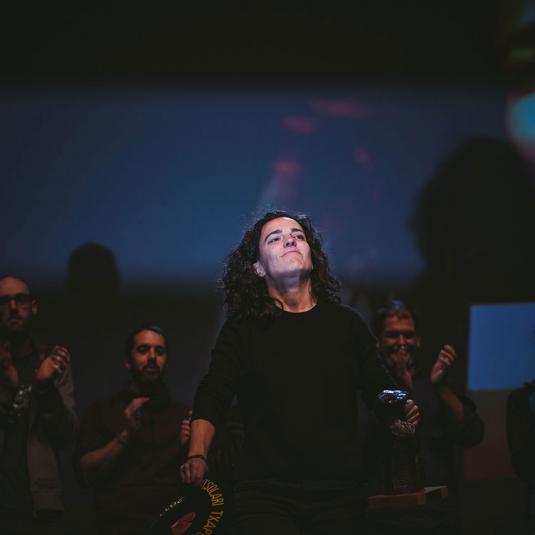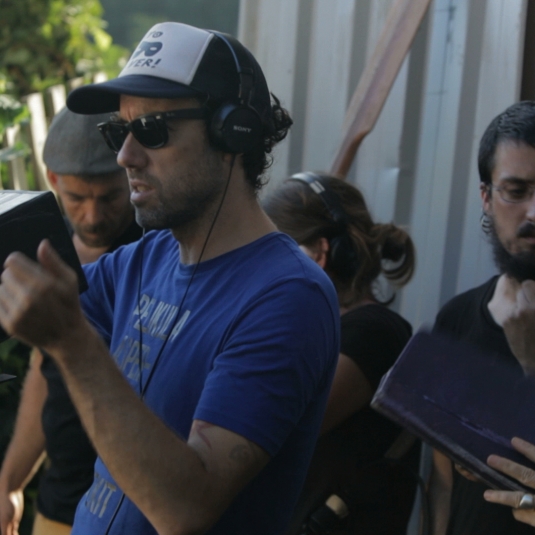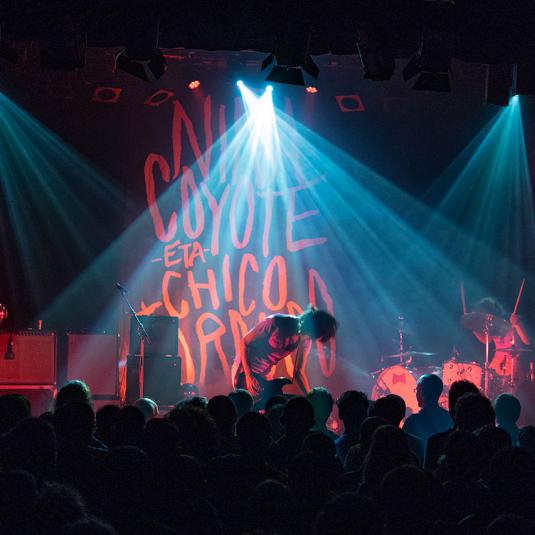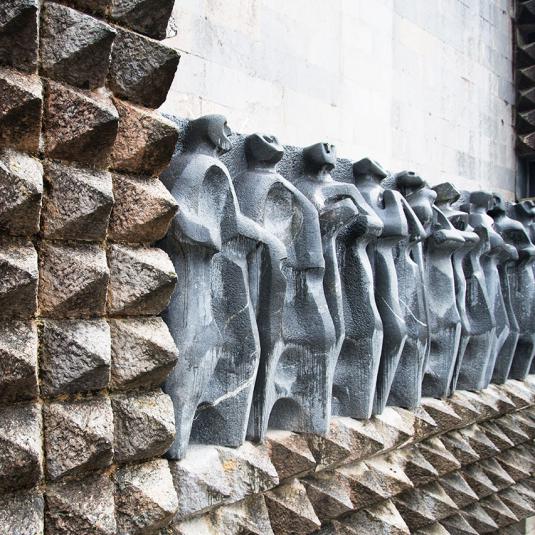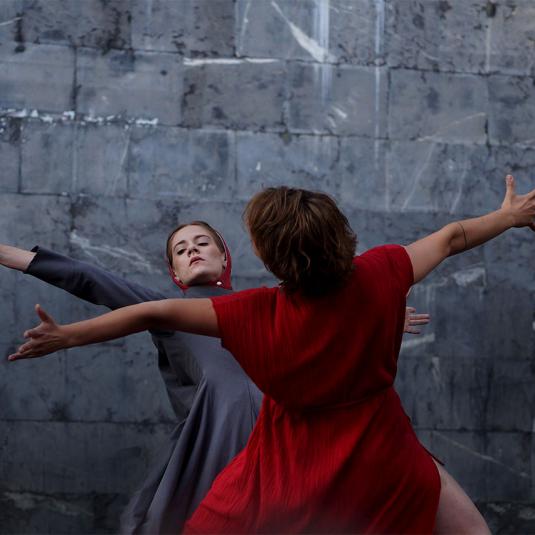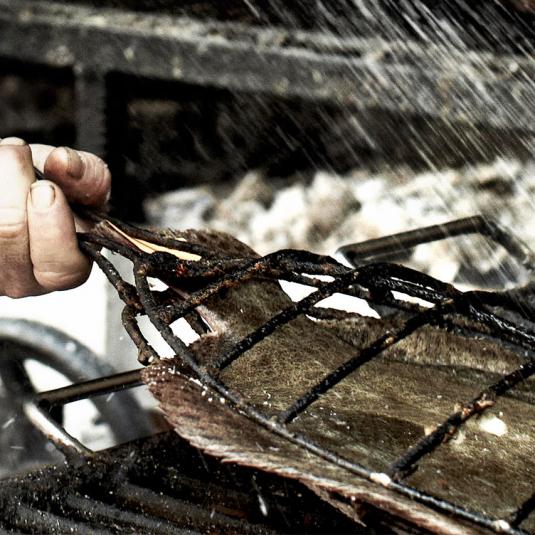It would be impossible to understand Basque art without considering the vital legacy of Jorge Oteiza and Eduardo Chillida. Apart from the international dimension of their work, the two sculptors had enormous influence on several generations of Basque artists (Txomin Badiola, Cristina Iglesias, Peio Irazu, Ángel Bados), and co-founded Gaur, (‘Today’ in Basque), a group of local artists, in the 1960s. Esther Ferrer is a pioneer and leading representative of performance art. The Basque Country also boasts numerous art museums and cultural centres (Guggenheim Bilbao Museum, Bilbao Fine Arts Museum, Artium Museoa, Tabakalera…), and Basque art can be enjoyed around the world thanks to artists such as Itziar Okariz, Sergio Prego, Maider López, Asier Mendizabal and Jesús Mari Lazkano.
 Art
Art

